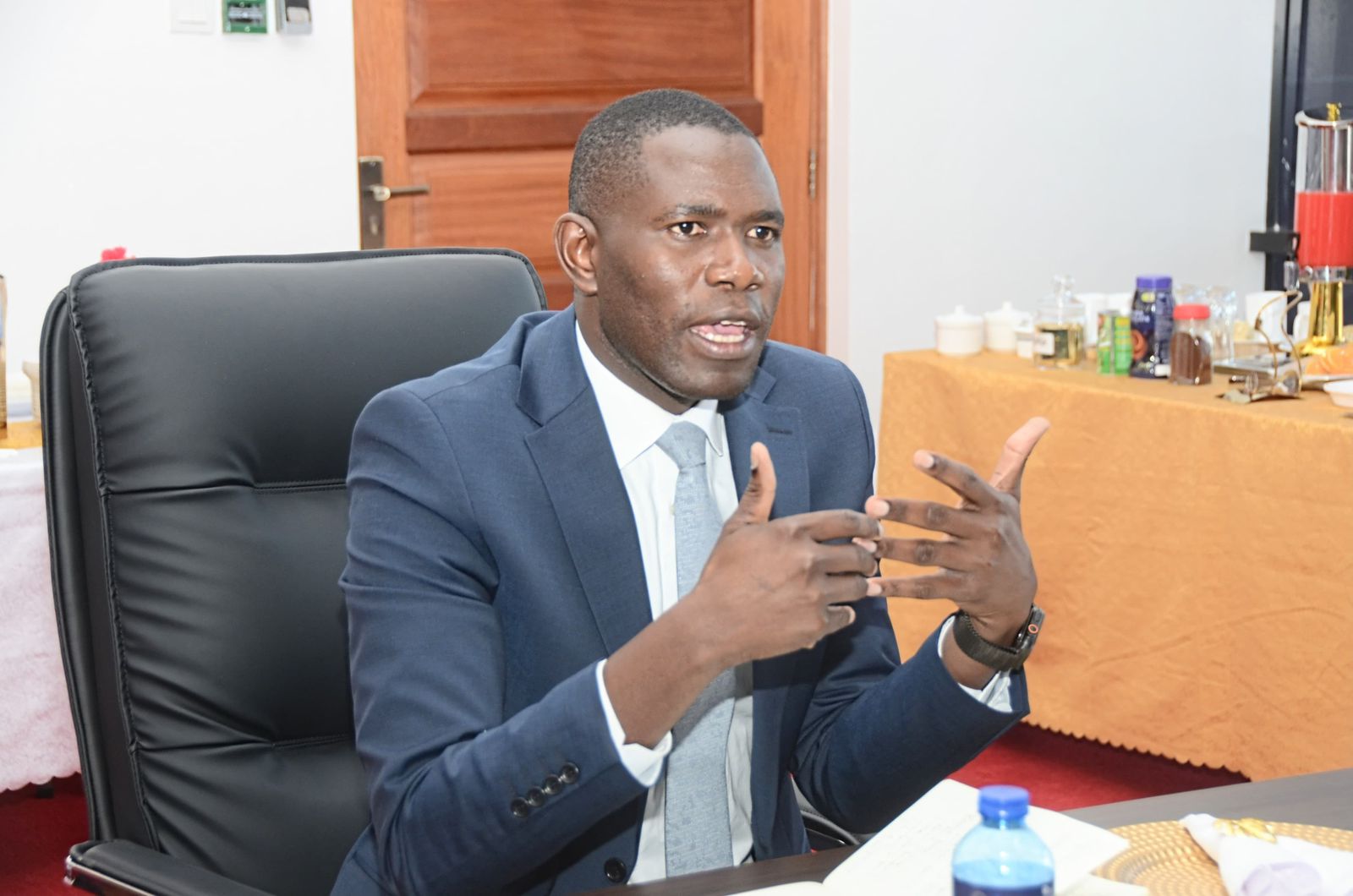National and County leaders have warned that Kenya’s immunization programme faces funding risks as international donor support declines. They are urging the government to adopt sustainable financing measures before the country fully transitions to domestic vaccine funding in 2029.
The call was made on August 15, 2025 during a side event at the Devolution Conference 2025 at Homa Bay County themed “Securing the Future: Financing Immunization for Resilient Health Systems.”
Speakers said the phase-out of support from Gavi, the Vaccine Alliance, could undermine vaccination coverage, particularly among children under five.
Kenya currently achieves about 80 percent coverage for basic vaccines, but only 55 percent of children aged 12–23 months receive all recommended doses on schedule, according to Ministry of Health data. Immunization prevents an estimated 4–5 million deaths worldwide annually from diseases such as measles, diphtheria and polio.
The Principal Secretary for Medical Services Dr. Ouma Oluga has said Kenya’s middle-income status has accelerated the shift toward self-financing vaccines.
“We have agreed with the National Treasury to ring-fence funding for vaccines,” Dr. Oluga said. “Sustainable immunization cannot be separated from mainstream health system financing. We must also invest in local vaccine production to reduce costs and ensure supply security.”
Baringo Governor Benjamin Cheboi and Kisumu County Director of Medical Services Dr. Ogolla also said that counties must prioritise immunization in their budgets and address gaps in public financial management.
Civil society representatives, including Health NGOs Network (HENNET) Executive Director Dr. Margaret Lubaale, called for community-level advocacy to improve uptake. Sarah Atieno, a community health assistant from Kisumu County, said caregivers need more engagement to complete vaccination schedules.
Polio survivor and legislator Bishop Jackson Kosgei has urged leaders to view vaccines as a long-term investment.
“A healthy generation today is the assurance of a preserved future generation,” he said.
Delegates proposed measures such as public-private partnerships, targeted health taxes and performance-based funding, alongside stronger coordination between national and County governments.
The session highlight on health as the conference comes to an end is the call to action for immunization financing to be integrated into broader Primary Health Care plans to strengthen disease prevention and support national development.
